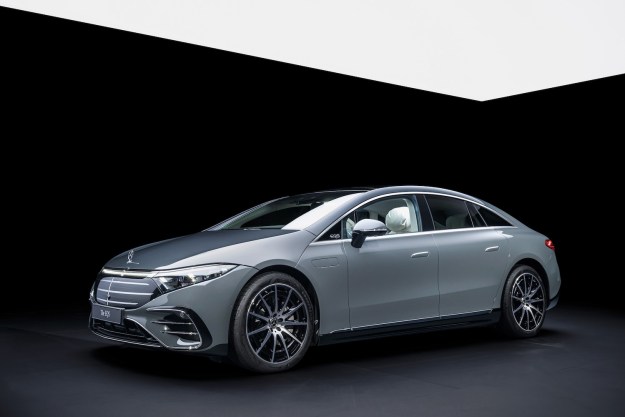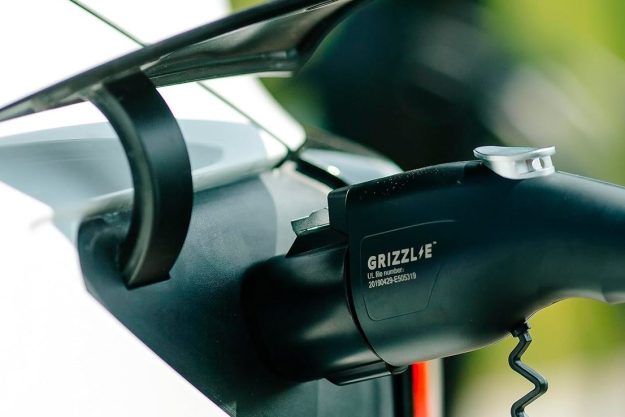
In many ways, operating a vehicle while fatigued is just as treacherous as driving drunk, and yet the car industry has yet to embrace viable solutions to curb that type of behavior. At CES 2016, car electronics firm Harman introduced a new technology that may be able to help.
The brand’s proprietary driver monitoring system is one the company calls an industry first, because unlike products that measure brainwaves or heartbeats to detect drowsiness, Harman’s tech constantly tracks the driver’s pupil dilation to monitor their cognitive workload, mental multitasking, and energy level. Based around a small camera, the device eliminates the need for complex biometric sensors built into the steering wheel or seats, and can even communicate with the vehicle’s other safety systems to adapt to the driver’s state.
“Safety on the road is more important than ever as more vehicles become connected,” said Alon Atsmon, VP of technology strategy at Harman. “Harman is advancing the state of the art for solutions that balance drivers’ desire to stay connected in the car without a compromise to their safety and security. Our priority is to arm OEMs with a holistic range of integrated technologies that address both driver wants and needs, and the Harman eye and pupil tracking technology is another advanced step toward a more intelligent driving experience.”


